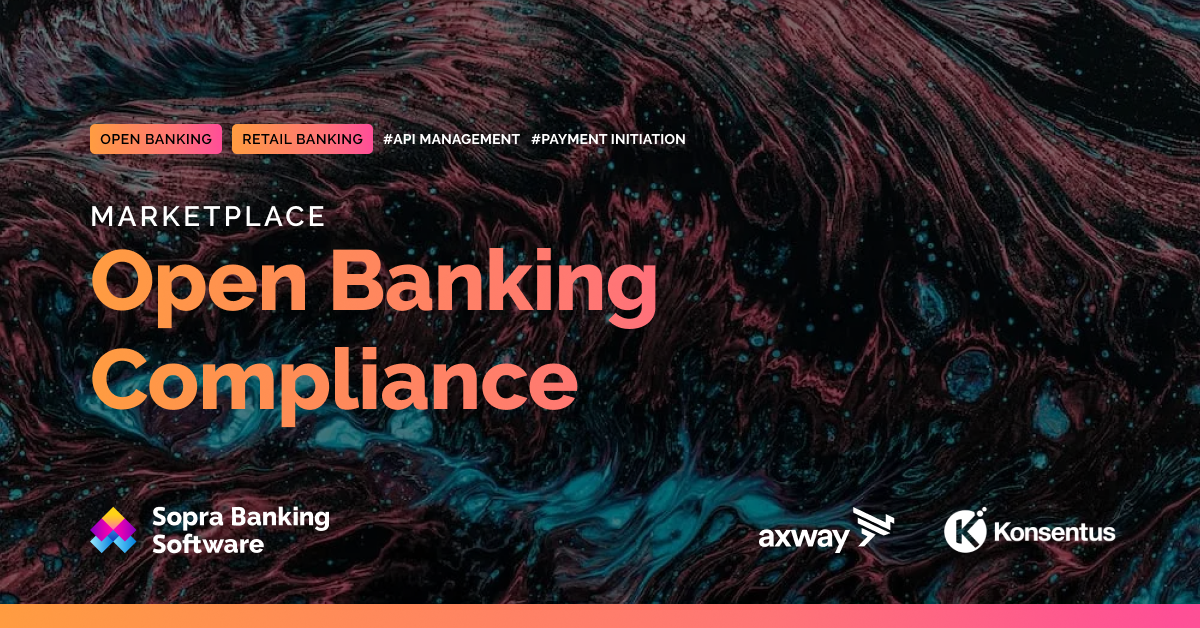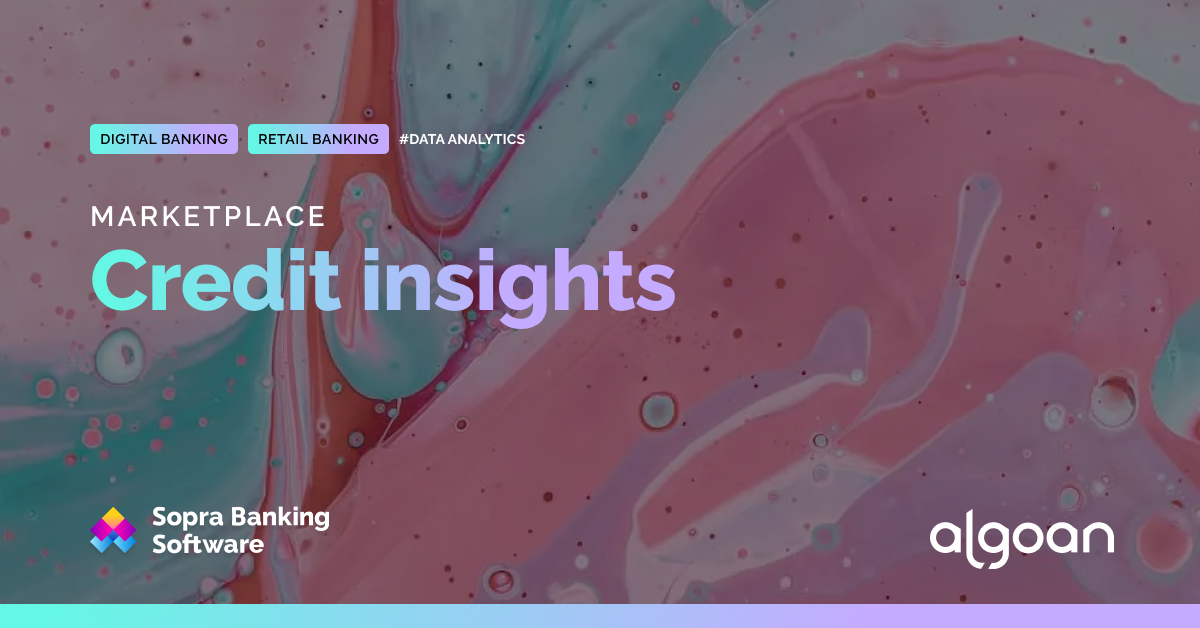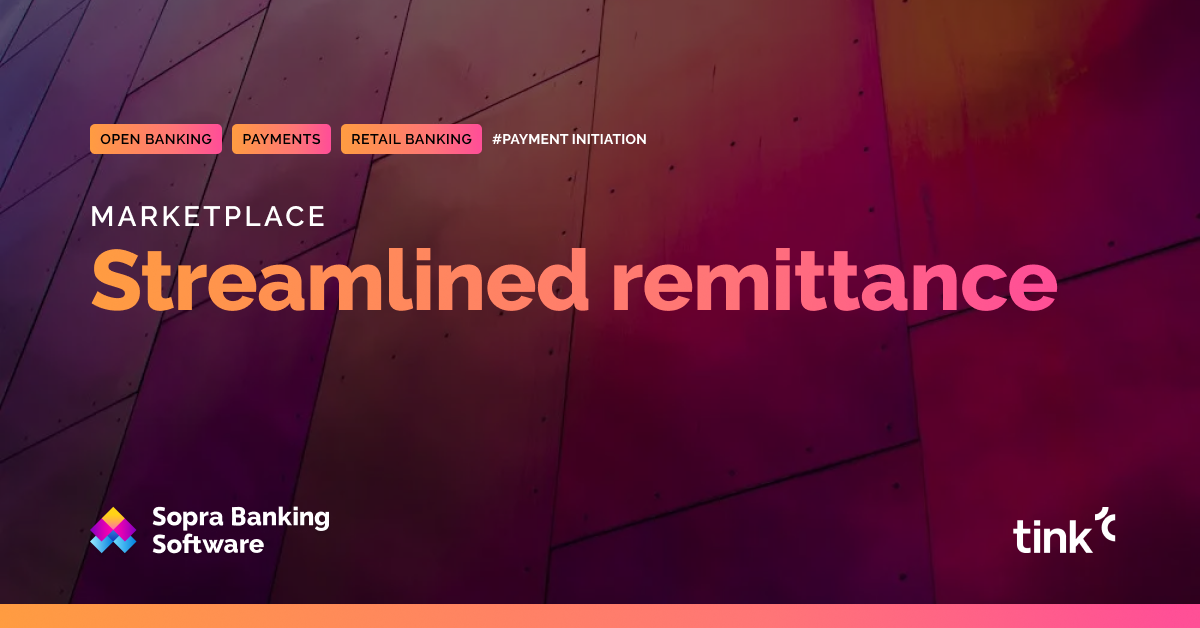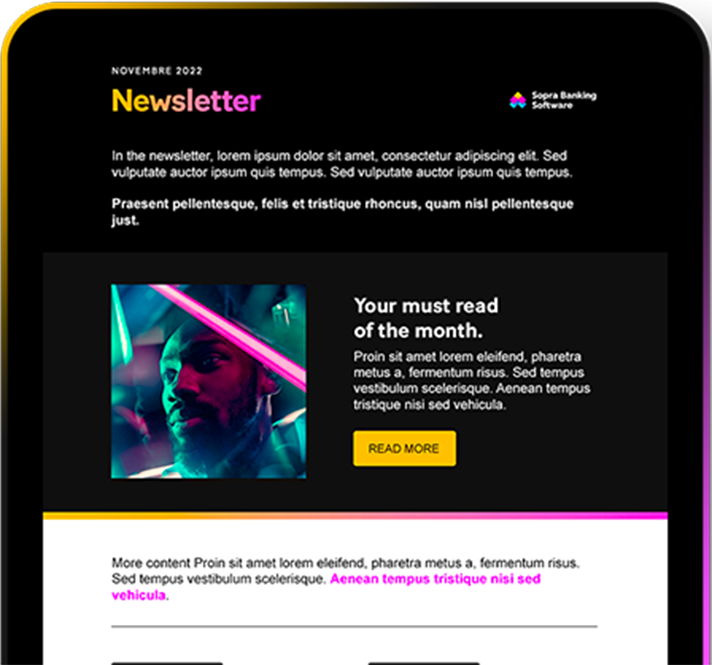Open Banking
Unleash the power of Open Finance. Embrace the platform economy.
Experience next-gen open banking innovation & compliance, opening the door to enriching superpowers and and future-proofing banks with platform banking within their compliance budget.
- Comply with industry standards | Enjoy effortless & continous open banking compliance
- Leverage Premium APIs | Go from “basic” PSD2/PSD3 to “premium” opportunities powered by open banking
- Unlock connectivity | Expand & extend your offering to maximize profits & create new revenue streams
- Save cost & time | Implement SaaS for expeditious time to market, entry cost efficiency, and mitigated TCO
- Create exceptional experiences | Access data from 3400+ banks to offer delightful customer & employee experiences
- Embrace open finance | Unleash the power of open finance and open data with our cutting-edge fintech products
